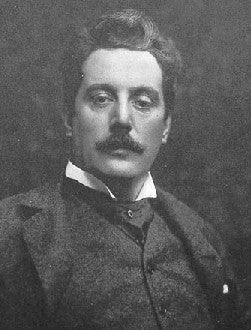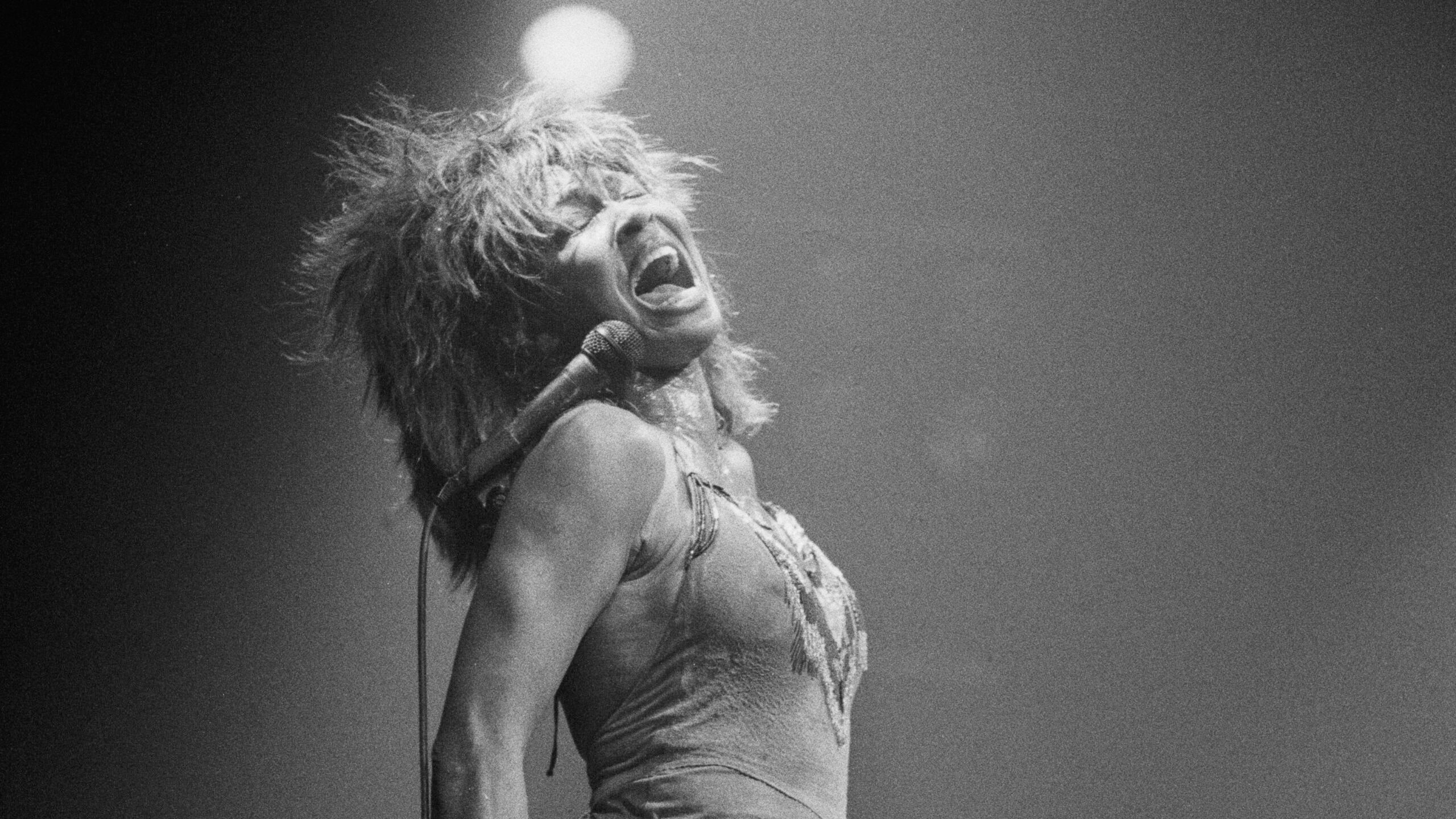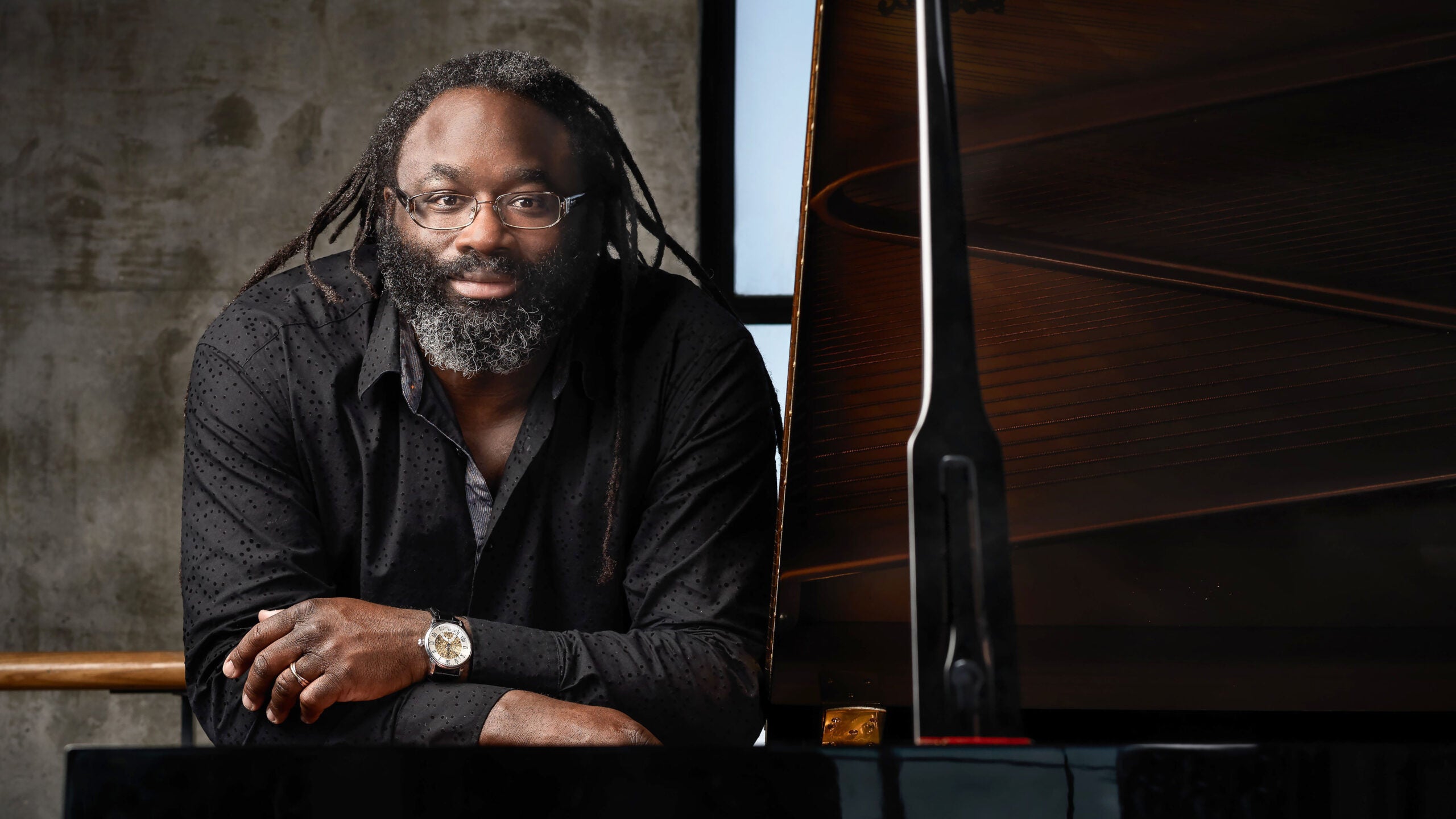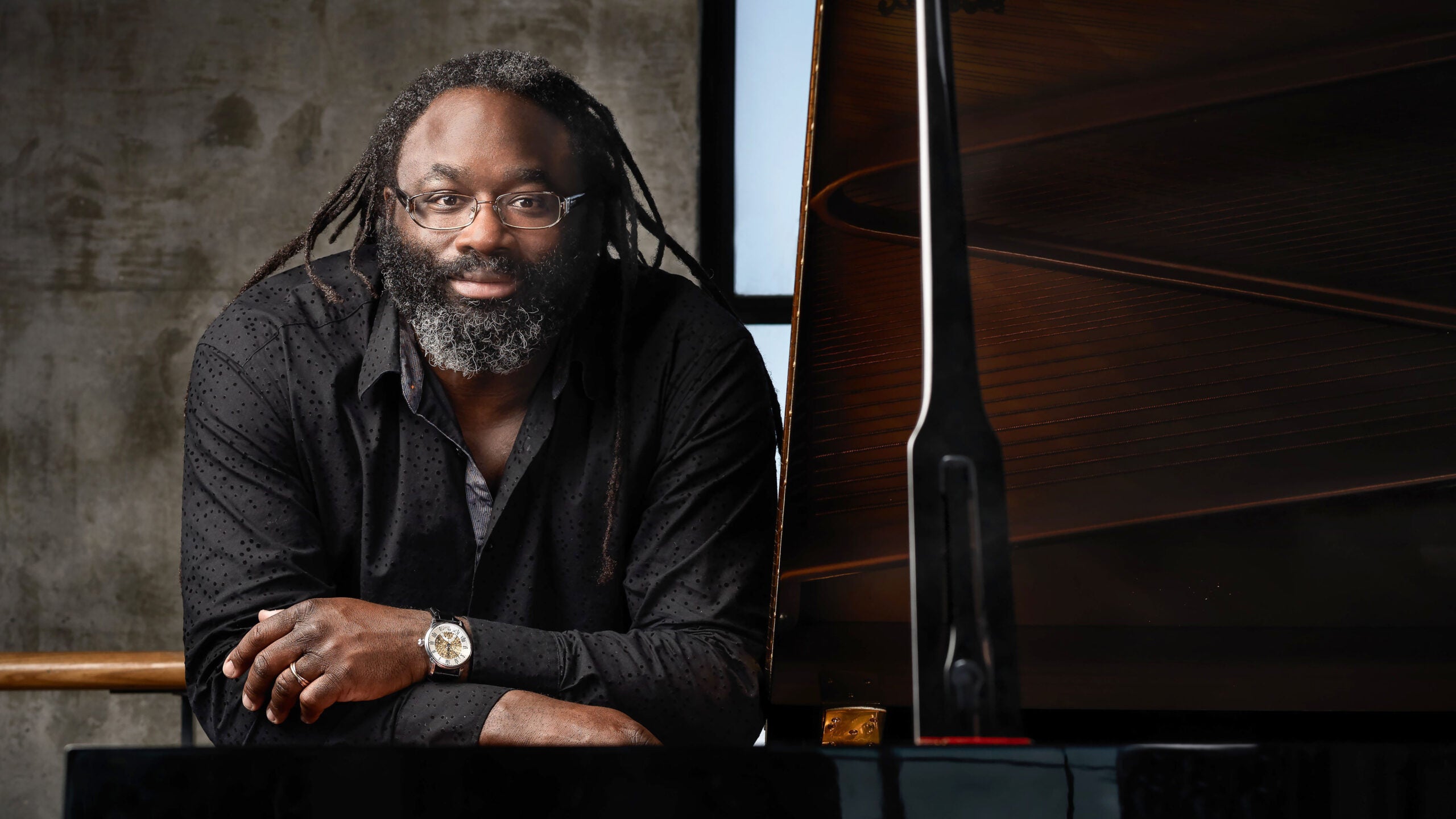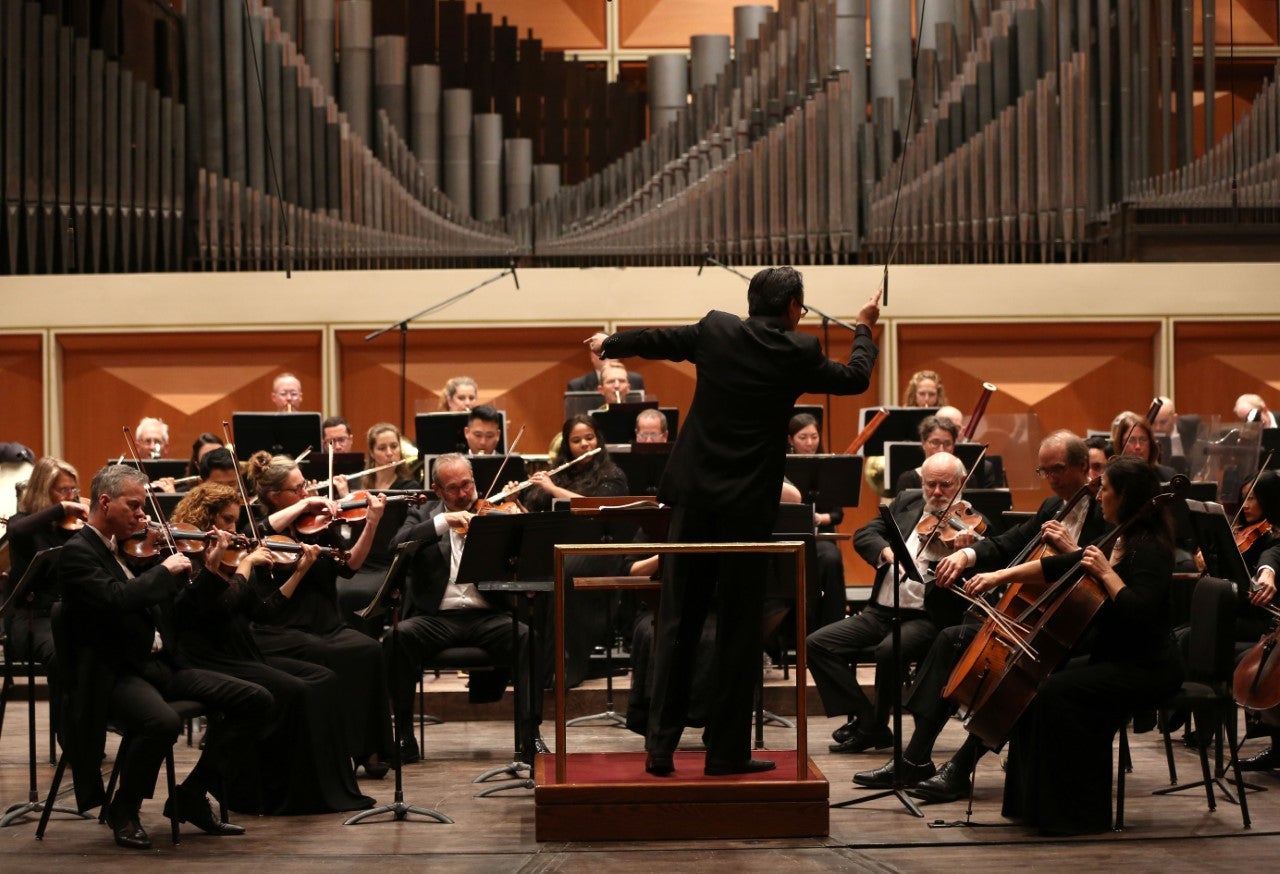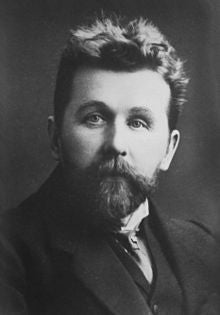Puccini’s opera Tosca tells of revenge and murder—both of which were also in the air backstage after a notorious Saturday night performance at the Metropolitan Opera.
On the evening of the performance Met General Manager Schuyler Chapin went to see Franco Corelli, who was singing the part of Cavaradossi, and found him at his dressing table, staring into the mirror, brooding over his enmity for conductor Carlo Cillario.
Chapin pointed out that the conductor would not be returning for the next season.
Stay informed on the latest news
Sign up for WPR’s email newsletter.
Corelli remained uneasy. “But we shall have tonight,” he said.
After more reassuring words, Chapin went off to his box to enjoy the opera with friends.
The pleasure was short-lived.
At the end of two key arias Cillario tried to rush the orchestra over the applause. When Corelli slowed him down in one aria by hanging onto two long notes, the conductor retaliated by quickening the tempo, forcing the tenor to keep up.
In Act III the disgusted tenor flipped his thumb between his teeth in a gesture of defiance and left the stage, forcing Dorothy Kirsten, as Tosca, to sing to the empty space where he was supposed to be.
When Corelli returned in time to ascend the steps for Cavaradossi’s execution, one property man expressed regret at not putting real bullets in the rifles. As the shots rang out, several people backstage applauded.
As soon as the curtain came down, Corelli ran toward the orchestra pit, yelling insults. When Cillario emerged, Corelli pounced and did his best to strangle him. It took Chapin, the artistic administrator, and three big stage hands to pry the two apart.
Shouting over the mixture of applause and boos from the audience, Chapin commanded Corelli to go out and take a curtain call, which he did.
Chapin suggested to Cillario that it would not be a good time to take a solo conductor bow.
Wisconsin Public Radio, © Copyright 2024, Board of Regents of the University of Wisconsin System and Wisconsin Educational Communications Board.

